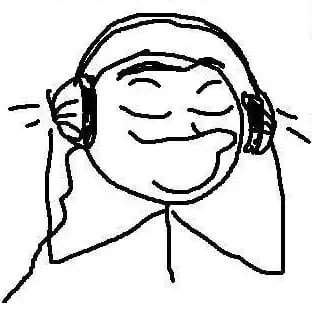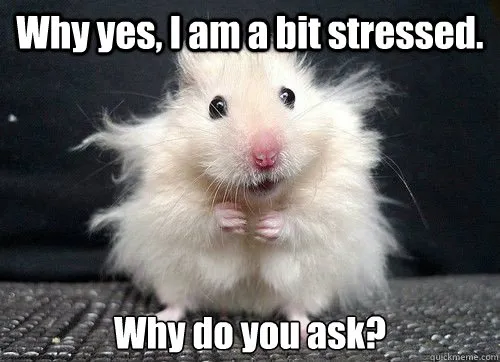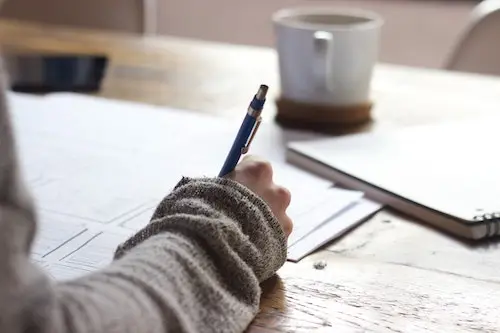When I was in High School I was always tempted to start with the easy work and ended up putting off the difficult stuff. So I might start the weekend with doing the reading the English teacher had set. I might work on a project I found interesting for my Philosophy IA and then do some practice of French by listening to a podcast.

Unfortunately doing the easy thing first can mean that the hard work gets put off for so long that you end up not doing it at all! But why does this happen?
Well there’s an interesting psychological effect that means that people prefer the difficult or stressful part of a task to come first and then for things to get easier. This means that if you start with the easy work it’s actually even harder to do the tricky stuff later! But you can actually benefit from this psychological quirk.
If you have a project or even a task list, one really great way to make things easier is to start with the hardest task. If you start with the difficult stuff then you know that things are only going to get easier and you’re going to get a boost are every single activity! Plus there’s a double benefit: if you use the hardest-first technique for studying you will have a more enjoyable experience. Because those experiences where things get easier over time are the ones we tend to enjoy the most. Have you ever had the experience of staying up all night trying to finish an essay? Horrible isn’t it! Part of that suffering comes from the fact that your hardest work has been stacked at the end of the day. Beat this problem by using the hardest-first technique!
This applies in the long run too, not just over a weekend. So let’s say you’re taking Physics HL (lucky you!). Maybe you find the theory OK and don’t have too much trouble with definitions but get tripped up by remembering how to plug the numbers into the maths. Well you might put half an hour everyday into making sure you can manipulate the equations you’ve been studying in class properly. Then when it comes to the end of the term you can just brush up your theory and definitions. This use of the hardest-first technique will mean that you are not as stressed or busy right at the end of the term (and that you have a better feeling term too!).

We can all use the hardest-first technique to improve our work. For many people the hardest step of all is getting started. If this sounds like something you struggle with head over here and get a wall planner. Make a plan of your work (starting with the hardest-first) and dive right in. I promise you won’t regret it. When you’ve reached your goals you’ll look back on the day you learned to do the hardest-first technique and be glad that you started putting the effort to get what you want!
Watch FREE IB Tips & Tricks Videos!


